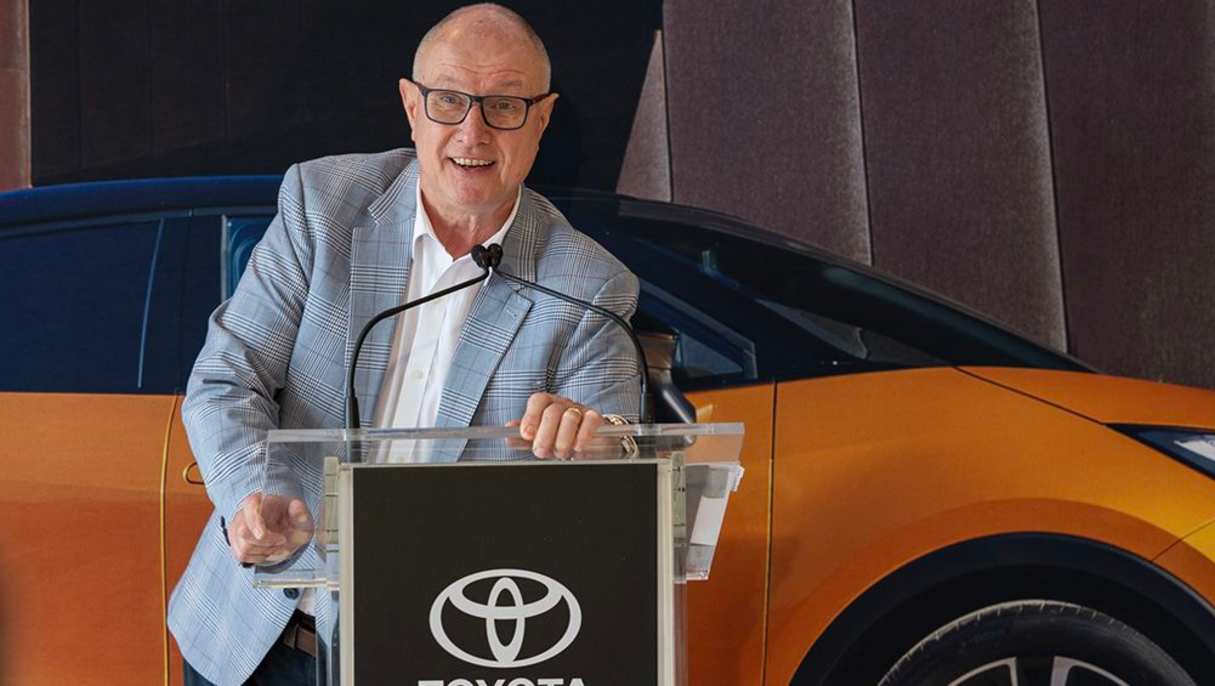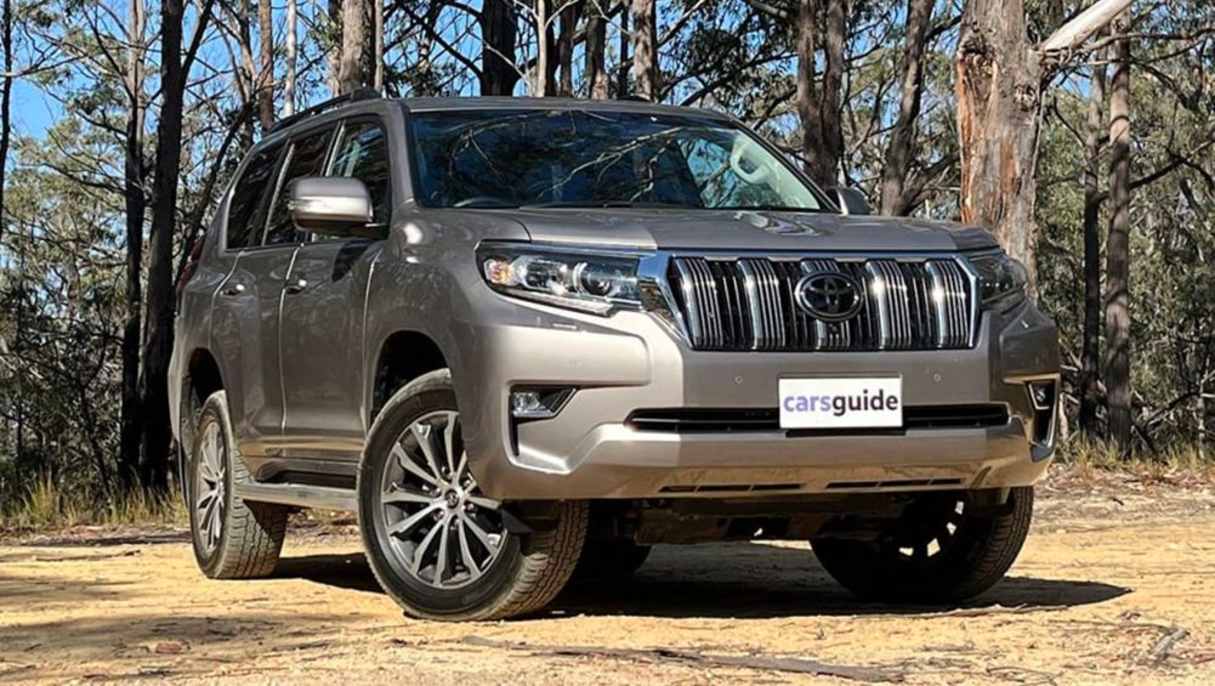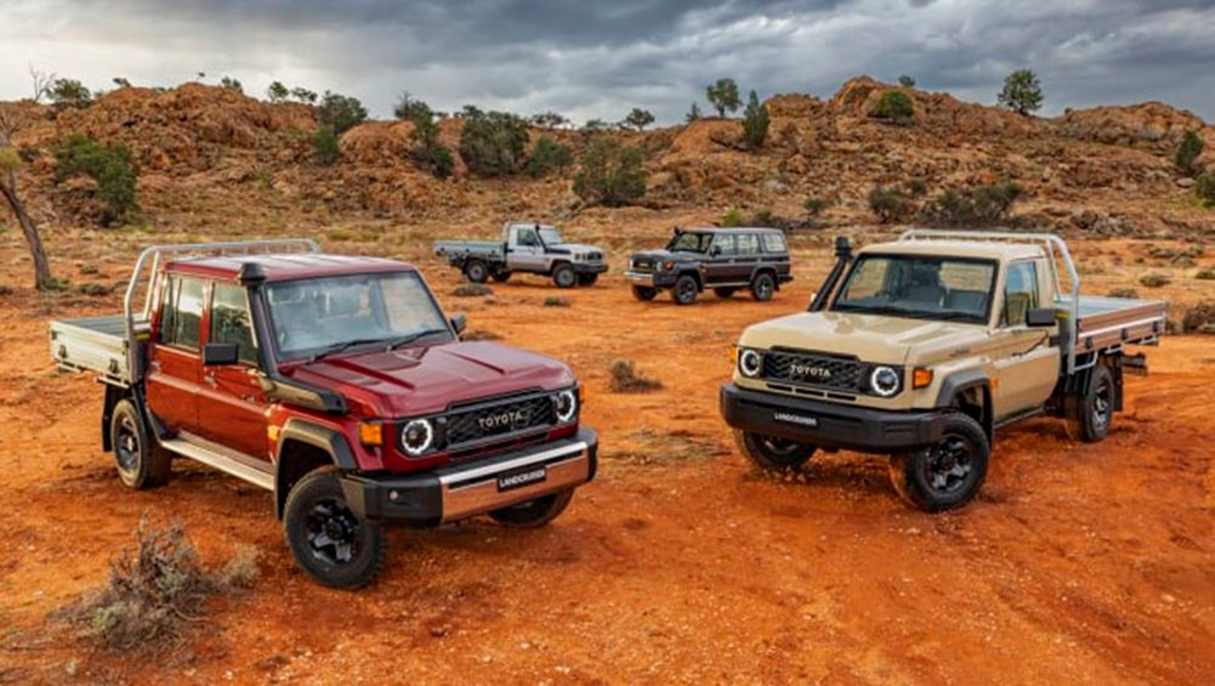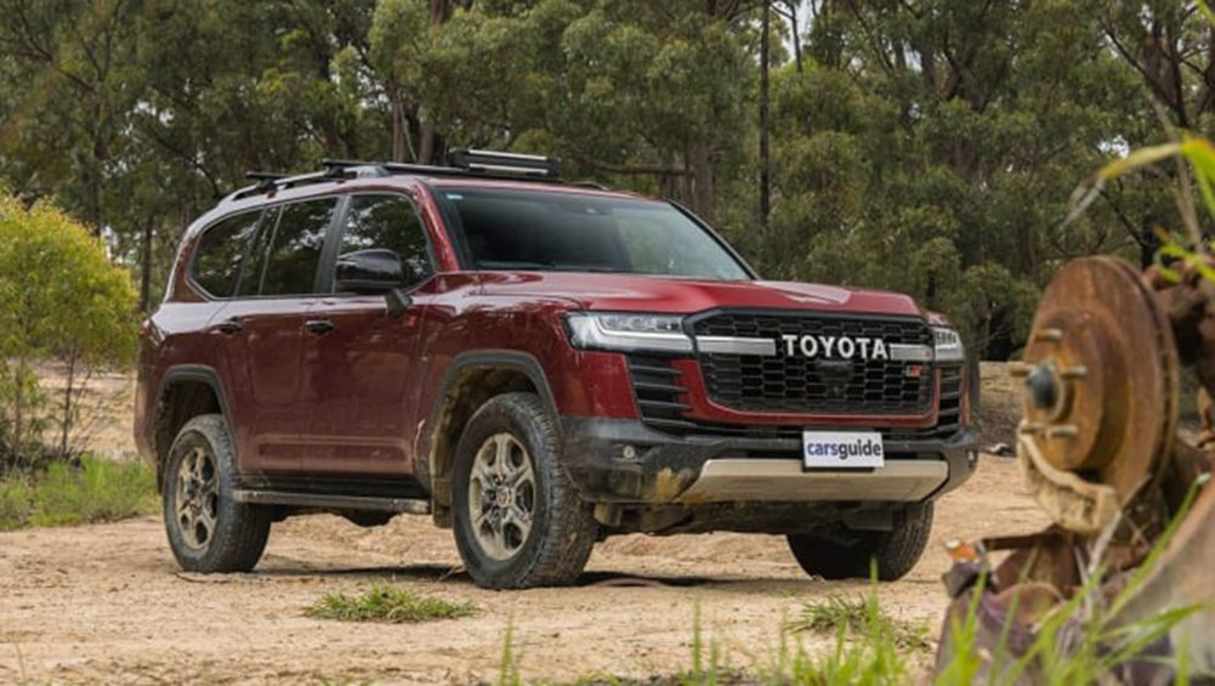The proposed New Vehicle Efficiency Standard (NVES), set to take effect next year for the Australian new-car market, is already shaking things up in the car industry.
Tesla and Polestar have announced their exits from the Federal Chamber of Automotive Industries (FCAI), which is under fire for alleged fear mongering regarding the government's proposed regulations.
But separate from all the corporate and policy hullabaloo, those with designs on buying a new car in the next few years are more likely wondering what are the implications going to be for them in terms of choices available and - all-important - price.
Toyota Australia's Vice President for Sales and Marketing, Sean Hanley, says what the customer wants, and what the government's hopes for the NVES are, could be two very different things.
So, will there still be a place for the likes of the Toyota LandCruiser and HiLux if the NVES is implemented in the fashion preferred by the government?
"One hundred per cent," Hanley told CarsGuide.
"There's just one element that we don't necessarily speak to or speak about when we talk about NVES, and that's the desire of the customer, who actually has the biggest voice of all.

"[The customer] has a bigger voice in the car companies, has a bigger voice in the car company representatives, has a bigger voice than the government.
"And as long as customers want those cars, car companies will need to find a way to bring those cars to market.
"The reality is that anybody that truly sits at home and believes that someone's going to stop buying or driving their LandCruiser because the NVES is coming, or they're going to stop towing their van up to North Queensland and back - all around the country and back - is kidding themselves."
Last year, while electric car sales were up to a total 87,217 compared to the previous year's 33,410, diesel-powered SUVs and light-commercial vehicles (mostly utes) showed no sign of slowing down.
_0.jpg)
Australians bought 379,512 diesel-powered vehicles (excluding heavy commercial) in 2023, up from 361,366 the previous year.
While models currently powered by diesel may not always be that way, the desire for them and their capabilities is clearly strong.
"So as long as the market wants the product, I think car companies will continue to bring the product," Hanley continued.
"However, the commercial realities become real as well, so you need to balance it up."

The government's proposed NVES comes in the form of a 'middle-point' between a very conservative approach (which Hanley said was "not an option, because it means virtually you do nothing") and a rapid implementation of heavy fines for selling polluting vehicles.
Referred to as 'Option B', the preferred NVES structure would allow companies to buy 'credits' from other brands that sell more efficient vehicles to offset their own less-efficient vehicles to balance their emissions and avoid paying fines.
"There will be a cost involved to bring these vehicles to market in their current format based on the NVES we know today," Hanley said.
"Whether that's a cost of a car company who elects to buy credits, which is not our preferred position, or whether it's a cost that's then passed from the purchase of those credits on to the consumer, because there's a cost involved somewhere.
.jpg)
"Whether the cost of the fine is built into the cost of the car, in part or in full, there's still a cost to the customer."
The idea of the cost of fines being passed on to the customer was touted strongly by the Leader of the Opposition, Peter Dutton, who said the NVES would "drive up the cost of a HiLux or a Ranger, by somewhere between $10,000 and $15,000".
Many in the industry and the federal government were quick to slam what they saw as hyperbole, with Tesla and Polestar even leaving the FCAI over its part in what those brands labelled 'misinformation'.
The government also released an FAQ statement which said "there is no evidence to suggest that a New Vehicle Efficiency Standard will increase vehicle prices."

"In jurisdictions that have had a New Vehicle Efficiency Standard in place for some time (around 50 years in the case of the US and Canada), real-world evidence has not shown an increase in price for consumers in the cost of cars."
Sean Hanley didn't play into this particular debate during the interview with CarsGuide, instead pointing out that even brands like Volkswagen and Hyundai - which have healthy numbers of hybrid and electric options in their global line-ups - are pushing for the government to introduce elements of 'Option A' into the eventual NVES structure, such as 'super credits' being granted for the sale of battery electric vehicles and plug-in hybrid vehicles.
Hanley said even with a harsh fine system in place when the NVES arrives, cars like the HiLux and LandCruiser will continue to arrive based on customer demand.

"Those cars will come to market, and that's why it's deeply important that when we talk about a sensible approach to the implementation of the NVES, that car companies are given time to bring alternate technologies to market that meet the requirements of the NVES.
"So it's not a case of fighting the government over the NVES. We agree with government. We are trying to work with government on the best way to bring the NVES to market in Australia."

.jpg)



.jpg)
.jpg)



.jpg)
.jpg)

.jpg)
.jpg)

.jpg)
.jpg)
.jpg)
.jpg)




